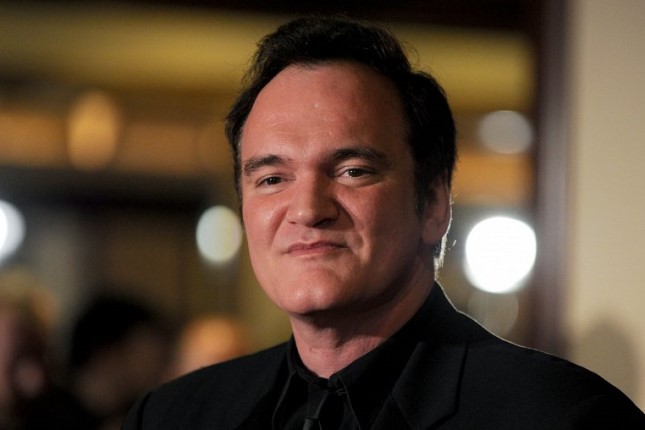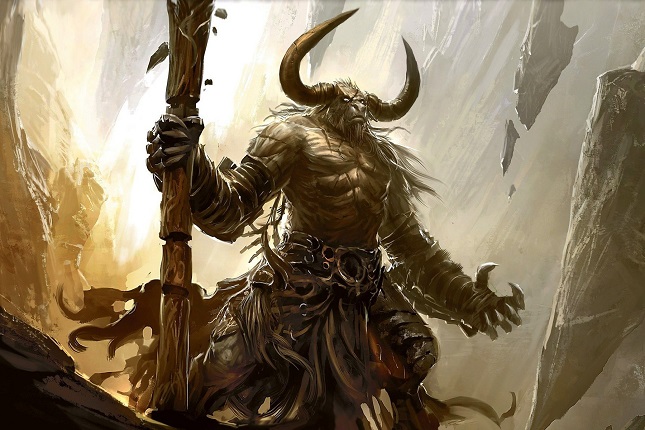The Movie Critic is the name of the script for Quentin Tarantino's tenth film. This film, which is expected to be released this fall, may become the last in the career of the famous director.
Tarantino has previously stated that he wanted to shoot no more than ten films or retire at 60. And just in mid-March, The Hollywood Reporter informed readers that Tarantino had completed work on the script for the tenth film, and on March 27, 2023, he would turn sixty.
The Hollywood Reporter suggests that the story focuses on Pauline Kael, one of the most influential movie critics of all time. However, knowing the work of Tarantino, you can be sure that he will creatively rework the historical basis of the plot.
For example, it is hard to forget how loosely he dealt with facts in his previous film Once Upon a Time in Hollywood about the murders committed by the Charles Manson gang, and especially the finale, where the main character burns with a flaming gun one of the participants in the attack on his villa. Or you can recall how in Tarantino's Inglourious Basterds the entire leadership of the Third Reich, led by Hitler, perishes at the premiere of a propaganda film in the Parisian cinema Le Gamaar.
The audience loves Tarantino not for factual rigour, but because he gives amazing artistic authenticity to any, even the most fantastic turn of the story on the silver screen. And for his fantastic love of cinema, thanks to which he grew from an ordinary employee of a video rental store to a world-famous director. He is one of the few whose films are always anticipated and always evoke a great response from the public and film critics.
This love for cinema can be seen in all of Tarantino's films, starting with the very first Reservoir Dogs, with their extremely minimalistic cinematic language on the verge of a TV show. But in his latest films, Tarantino speaks openly about this love of his. Once Upon a Time in Hollywood, and now the forthcoming The Movie Critic, feel like a farewell to Hollywood, a global dream factory that has very little left of its former glory.
The Rise and Fall of Cinema Venture
Tarantino with his unique author's style was one of the symbols of Hollywood at the turn of the XX-XXI century. However, the growth of the computer and video games industry, online cinemas and TV series, YouTube and social media, and, as the final blow, the covid pandemic, destroyed the economic model on which was based the dominance of leading major studios, such as Paramount Pictures, Warner Bros., Columbia Pictures, Universal Studios and Walt Disney Company.
Back in 2013, the famous producers Steven Spielberg and George Lucas, speaking at a conference at the University of Southern California, stunned everyone with the forecast that the classical film industry was approaching its decline. They stated that the budgets of super blockbusters had become too large (more than USD 200-300 million per film), but this provided them with the best chances of success: the most popular "stars", the most incredible special effects, enormous marketing power.
The revelations of Spielberg and Lucas were a bombshell, because these two, with Jaws and Star Wars, essentially invented the formula that underlies all modern blockbusters.
Before them, Hollywood was like a conservative venture capital fund: in addition to films for distribution from independent producers, major studios themselves shot several more medium-budget films (USD 30-50 million). Possible losses were insignificant and covered by income from successful pictures. When the very concept of blockbuster appeared, the emphasis shifted. Major studios have switched to films with budgets over USD 100 million. Such tapes could gross more than 300 million in North America alone, but at the same time, the studios themselves became much more sensitive to failures.
Need for investments was growing more and more, and it became almost impossible to predict success. As a result, the market has climbed too high. So much so that the failure of even two or three blockbusters could dramatically shake the stability of the industry. Exactly what Spielberg and Lucas warned about.
At the same time, competitors have grown, the main ones being video games and series: fans are now waiting for the premiere of new games and new seasons of series. Traditional sources of income have disappeared: in 1995-2005, half of the profits of major film studios were sales of films on DVD. A symbolic example: in 2000, the future giant of the TV series industry, Netflix, was ready to sell to the then leader of the retail DVD market, Blockbuster, but the deal did not take place. It was the golden age of the "new Hollywood", of which Tarantino was in many ways a symbol, but that era is over. According to Statista, 449 films were released in the US and Canada in 2022. This is below the level of 2002 (480 films) and almost two times lower than the peak of 2018 (873 films).
Master of Storytelling
Tarantino began his career in big cinema by writing scripts. And this is very noticeable in his work. His film characters like to speak at length. And not just to talk, but to tell each other some instructive or, on the contrary, an absurd story. This is a signature style of the master.
It would seem that in modern cinema, where special effects are at the center of everything, spending time talking is an incredible waste. But fans of Tarantino are hooked by this magical ability to turn a conversation into a movie, a word into a picture—the magical ability to split a story and then bring it together again in the most bizarre way.
Perhaps this is what clearly distinguishes Tarantino from other directors of the heyday of Hollywood at the peak of financial turbocapitalism.
This makes his work a timeless property of the entire world cinema, and not just one of the symbols of one of the periods.

































